Hi there, pet lovers! 🦎
Crested geckos (Correlophus ciliatus) are one of the most popular reptile pets, and for good reason. These charming, low-maintenance lizards are perfect for both beginners and experienced reptile enthusiasts. In this detailed review, we’ll explore everything you need to know about crested geckos, from their personality and care requirements to their affordability and availability. Whether you’re considering adding one to your family or just curious about these fascinating creatures, this guide will help you make an informed decision.
Overview
Crested geckos are small, arboreal lizards native to New Caledonia. They are known for their unique appearance, including their crests (fringe-like structures above their eyes) and their ability to drop their tails when stressed (though the tails do not grow back). Here’s a quick summary of what makes them stand out:
- Handling and Temperament: Generally easy to handle but can be jumpy.
- Care and Maintenance: Low-maintenance but need specific humidity and temperature conditions.
- Health and Durability: Delicate and sensitive to environmental changes.
- Availability: Widely available through breeders and expos.
- Cost: Affordable to purchase and set up.
Overall: A fantastic pet for reptile lovers of all experience levels.
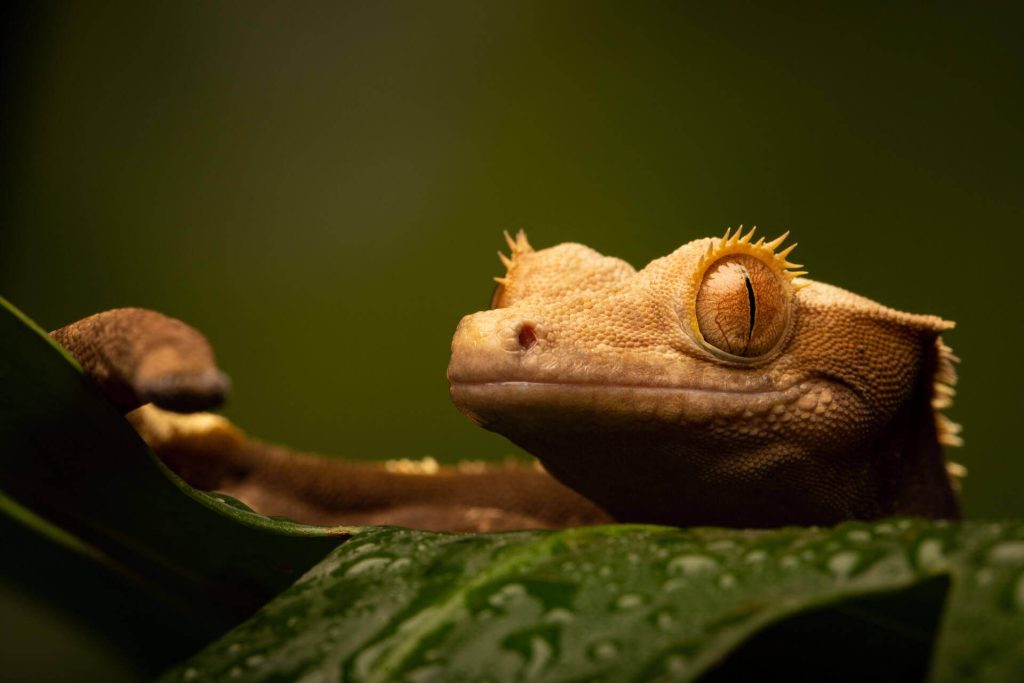
Why Choose a Crested Gecko?
Crested geckos are ideal for those looking for a unique, interactive, and relatively low-maintenance pet. They are small, quiet, and don’t require a lot of space, making them perfect for apartment living. Their long lifespan (15-20 years) and fascinating behaviors make them a rewarding companion for dedicated pet owners.
Handling and Temperament
Crested geckos are generally easy to handle, but their personalities can vary. Some are calm and content to sit in your hand, while others are more energetic and love to hop around. This springy nature is part of what makes them so fun to interact with.
- Personality Variations:
- Some crested geckos are calm and mellow, while others are more active and jumpy.
- Their behavior as babies often reflects their adult temperament. A calm baby will likely remain calm as an adult, while a springy baby will stay active.
- Handling Tips:
- Always handle them gently to avoid stress or injury.
- Avoid handing them to small children, as rough handling can harm the gecko.
- Be mindful of their tails, which they can drop if stressed. While not harmful, the tail won’t grow back.
- Biting:
- Crested geckos rarely bite, but if they do, it’s usually a small nip that might draw a drop of blood. It’s not painful or dangerous.
Overall, crested geckos are a joy to handle, but their individual temperaments should be respected.
Care and Maintenance
Crested geckos are relatively low-maintenance, but they do have specific care requirements. Here’s what you need to know:
Enclosure Setup
- Size: A 20-gallon tank is ideal for one adult crested gecko.
- Climbing Space: Being arboreal, they need plenty of vertical space with branches, vines, and foliage for climbing.
- Substrate: Use coconut fiber, reptile carpet, or paper towels. Avoid loose substrates that could cause impaction if ingested.
- Hiding Spots: Provide plenty of hiding spots to make them feel secure.
Humidity and Temperature
- Humidity: Crested geckos require moderate humidity (60-80%). Mist the enclosure twice daily to maintain proper humidity levels.
- Temperature: They thrive at room temperature (65-75°F). Avoid overheating, as temperatures above 80°F can be harmful.
Feeding
- Diet: Crested geckos primarily eat a pre-packaged crested gecko diet (e.g., Pangea, Repashy). These diets are nutritionally complete and easy to prepare.
- Supplements: Occasionally offer live insects like crickets or dubia roaches for variety.
- Feeding Schedule: Feed them every other day, adjusting portion sizes based on their appetite.
Lighting
- Crested geckos do not require UVB lighting if their diet is properly supplemented, but providing low-level UVB can benefit their overall health.
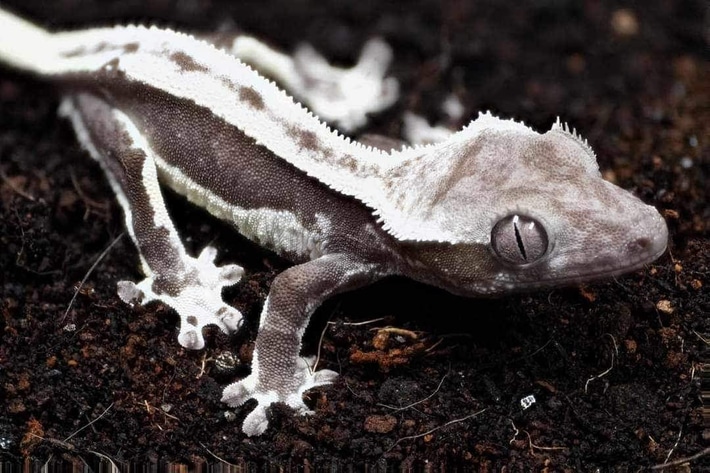
Health and Durability
Crested geckos are generally hardy but can be sensitive to environmental changes. Here are some key points to keep in mind:
- Common Health Issues:
- Respiratory Infections: Caused by excessive humidity or poor ventilation.
- Dehydration: Occurs if humidity levels are too low.
- Tail Loss: While not harmful, it’s a sign of stress.
- Preventative Care:
- Maintain proper humidity and temperature levels.
- Handle them gently to avoid injury.
- Provide a balanced diet and clean water.
With proper care, crested geckos can live 15-20 years, making them a long-term commitment.
Availability and Cost
Crested geckos are widely available and affordable, making them accessible to most pet owners.
- Where to Buy:
- Breeders: The best option, as breeders can provide healthy, well-cared-for geckos.
- Reptile Expos: Great for meeting breeders and choosing from a variety of geckos.
- Pet Stores: Less ideal, but some stores carry crested geckos.
- Cost:
- Gecko Price: $30 to $50 for standard morphs, with rare morphs costing hundreds or even thousands of dollars.
- Setup Cost: Around $100 to $200 for a basic enclosure and supplies.
Pros and Cons
Pros
- Easy to handle and interact with.
- Low-maintenance compared to other reptiles.
- Affordable to purchase and care for.
- Long lifespan (15-20 years).
- Wide variety of colors and patterns.
Cons
- Sensitive to environmental changes.
- Require daily misting and monitoring of humidity.
- Can be jumpy, which may not suit all owners.
- Tail loss is permanent.
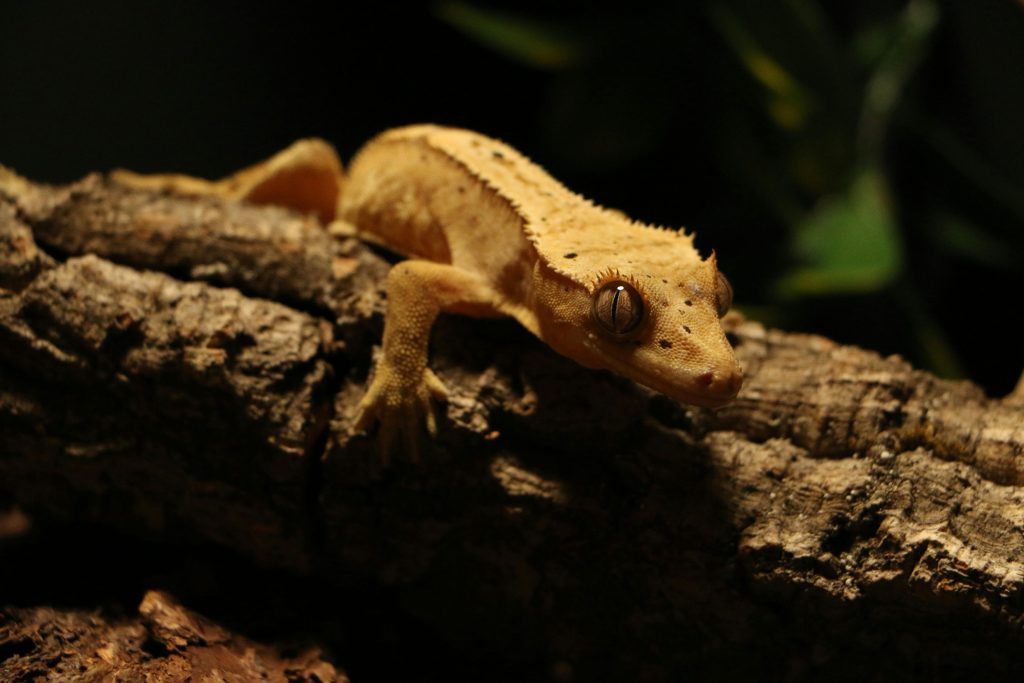
Final Thoughts
Crested geckos are a fantastic choice for anyone looking to add a unique and engaging pet to their home. Their ease of care, affordability, and charming personalities make them a favorite among reptile enthusiasts. While they do have specific care requirements, the effort is well worth the reward of having these delightful creatures as part of your family.
If you’re considering a crested gecko, we highly recommend visiting a breeder or expo to meet them in person. Their individual personalities and stunning appearances are sure to win you over.
Have you owned a crested gecko? Share your experiences and tips in the comments below! We’d love to hear how you care for your gecko and what makes them special to you.
For more reptile care tips and reviews, stay tuned to our blog and don’t forget to subscribe to our newsletter! 🦎

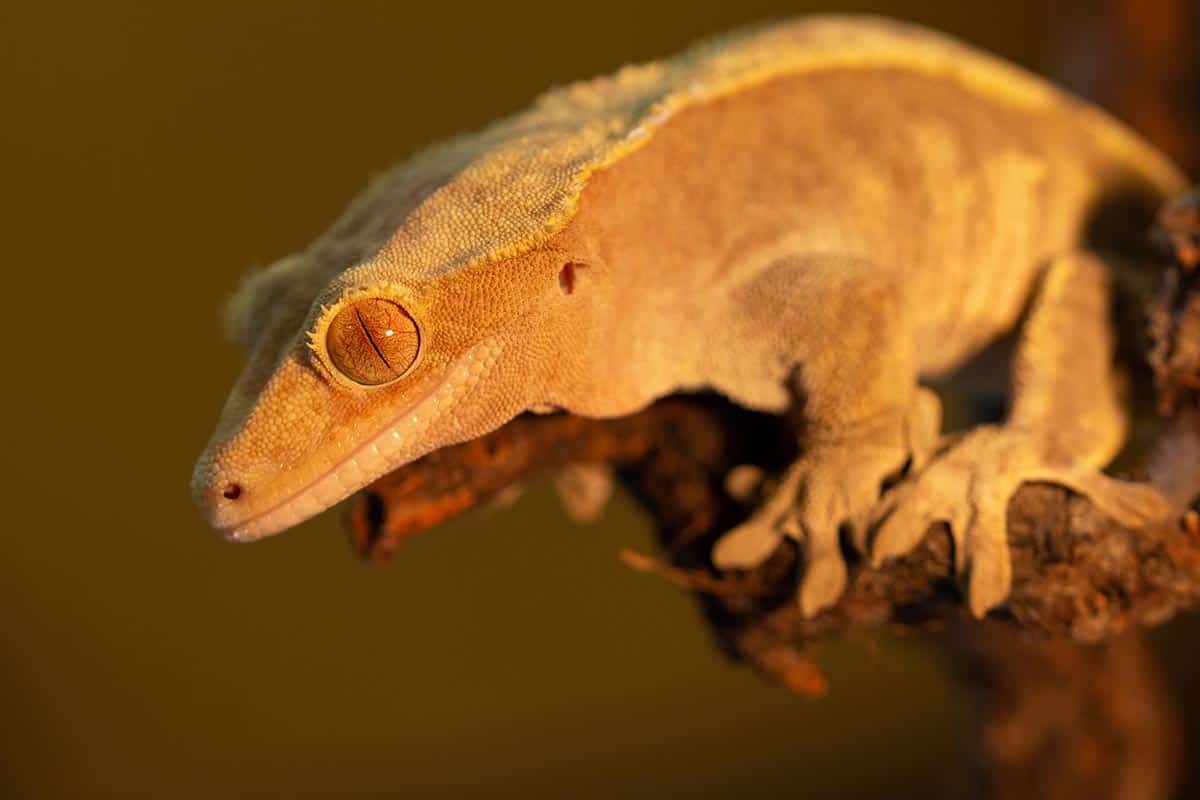

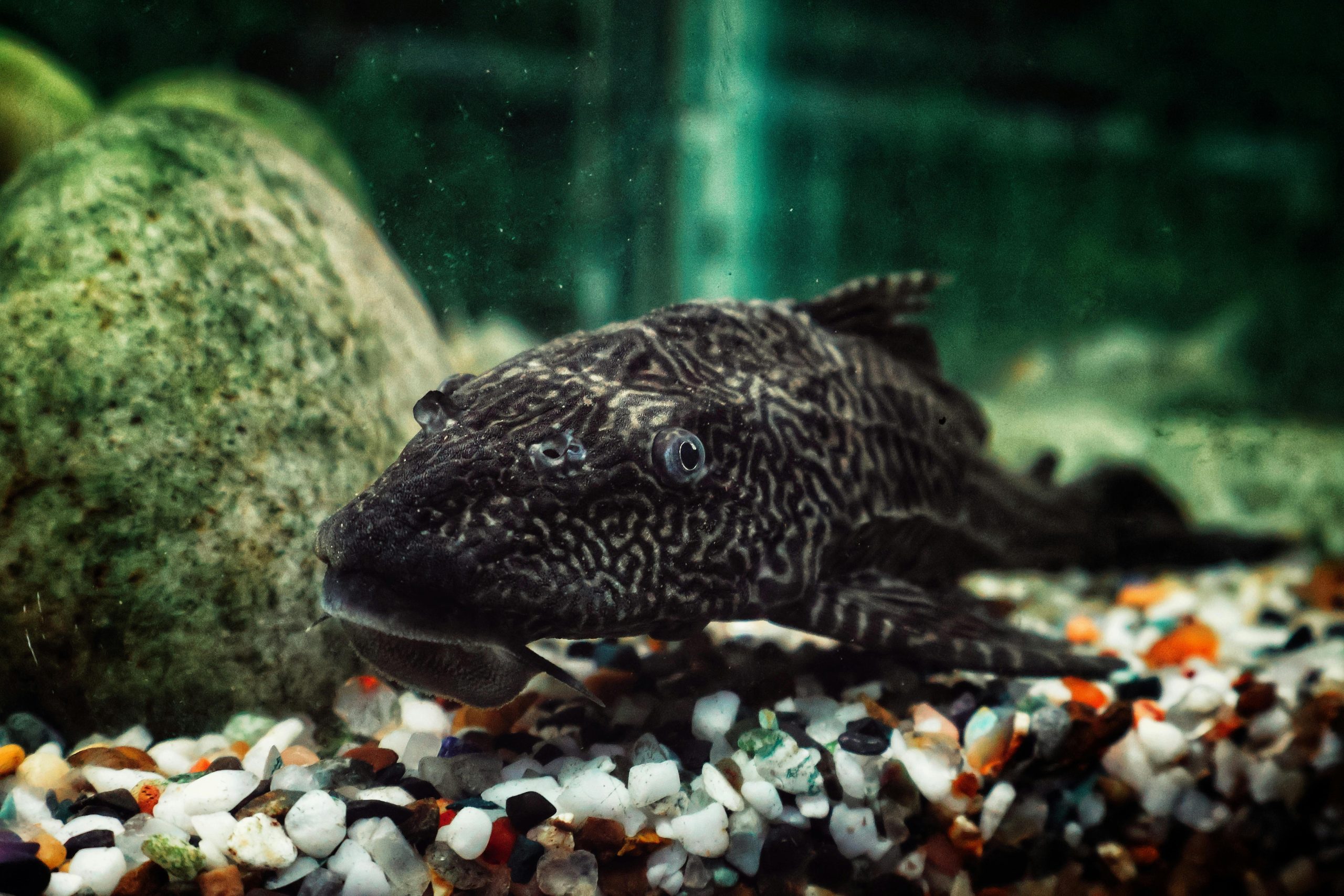
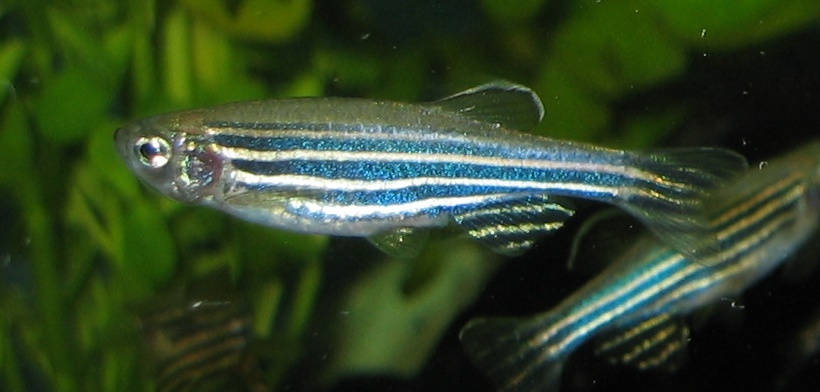
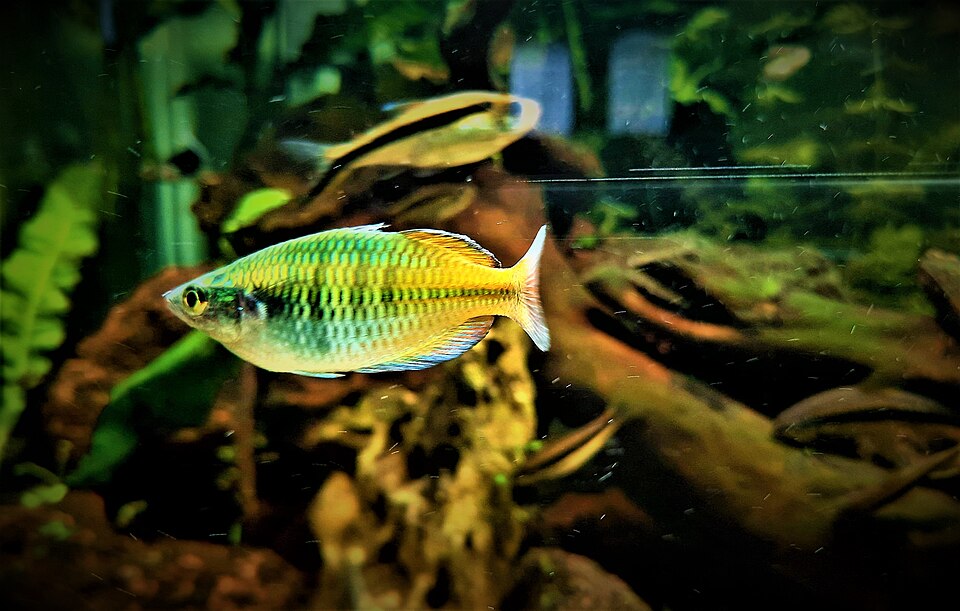
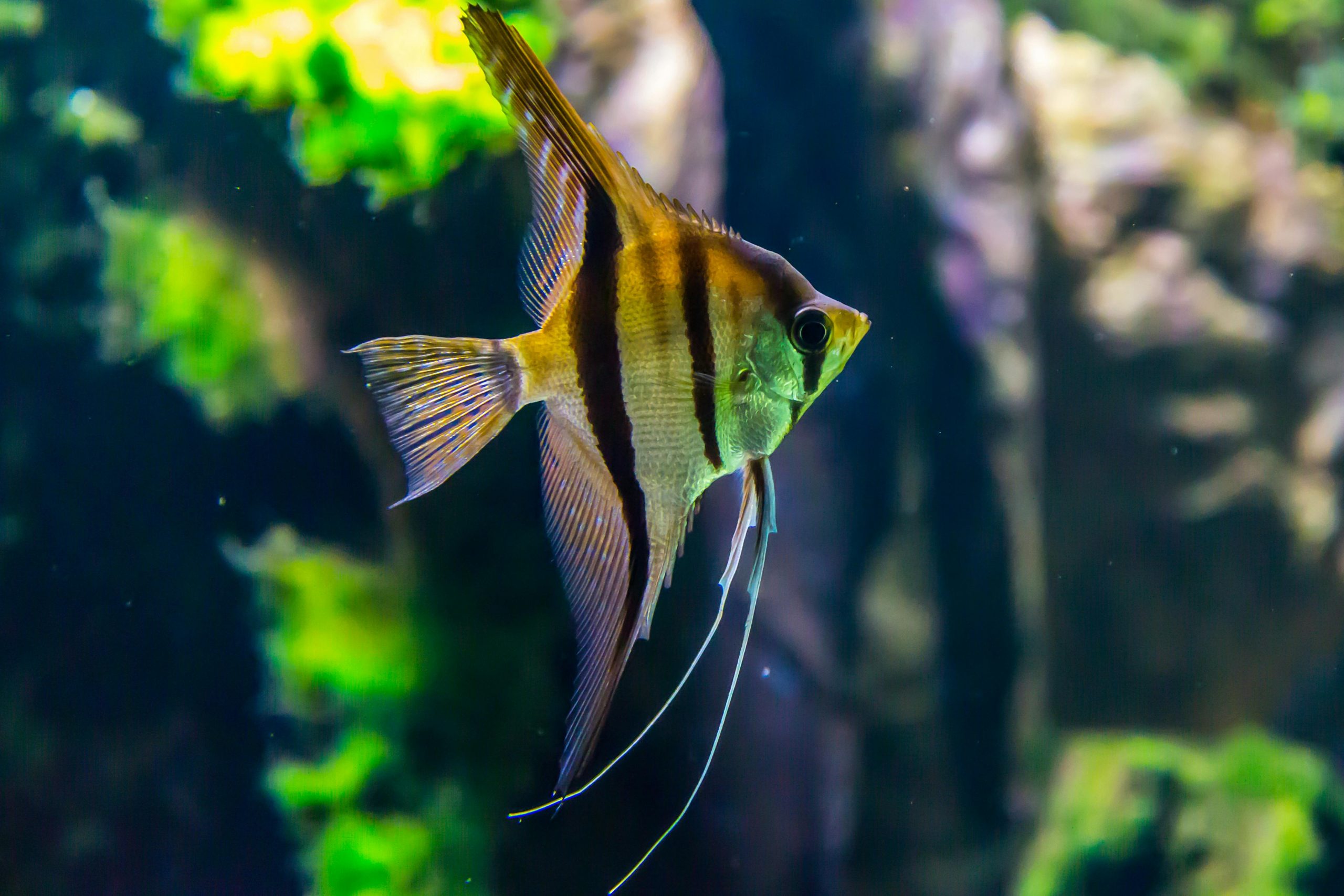
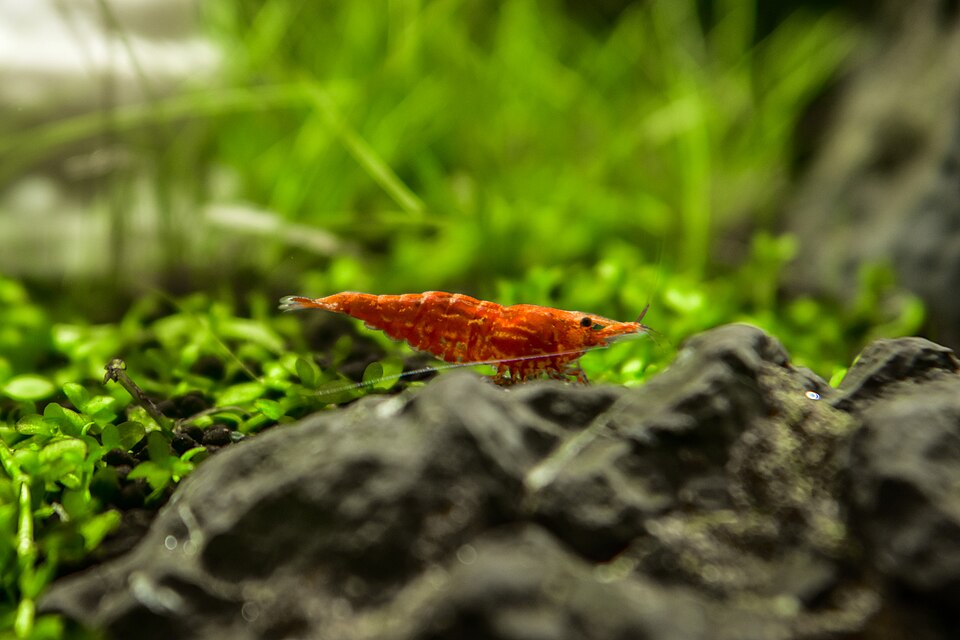
Leave a Reply